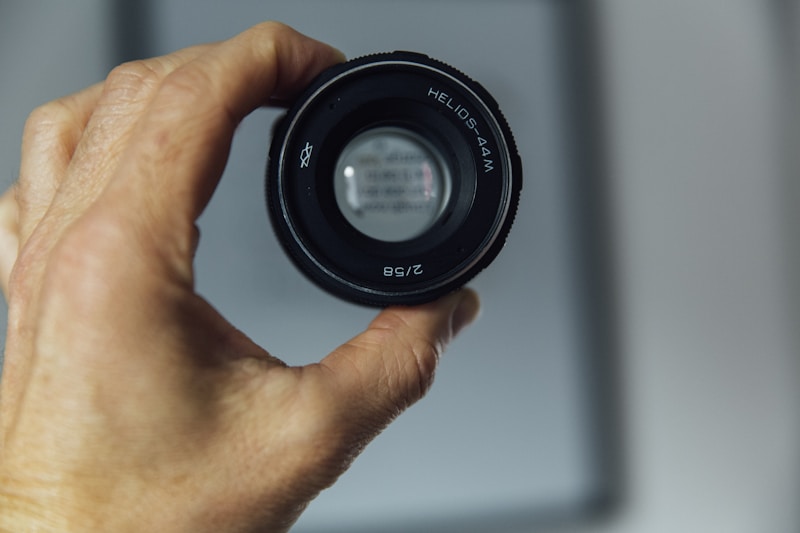Being emotionally responsive to those in need has never come naturally to me. At first, I didn’t even know that I needed to behave a certain way to make someone feel secure in a moment of vulnerability.
After my last relationship, I realized I had some work to do.
I devoured every book I could find on attachment theory, human bonding, and romantic relationships. Dr. Sue Johnson, one of my favorite authors on the topic, once said:
“We cannot build what we do not understand. Most people do not understand love or relationships, how can we expect them to build loving relationships?”
Dr. Sue Johnson
When I first heard this, I felt seen. I felt like I wasn’t alone.
Most people don’t have healthy models on how to be emotionally responsive or healthy relationships. It’s not taught in schools and very few people are fortunate enough to learn from their parents.
The fundamental question people are asking when they’re vulnerable: are you there?
Being there doesn’t mean saying you’re there. It’s making the other person feel that they’re the focus of your attention at that moment. Presence is felt and therefore very hard to describe.
Dr. Johnson describes it as:
“A secure bond is where someone is predictably accessible to us – emotionally and physically for affection, touch and, in romantic relationships, erotic play. We can, most of the time, call and have them turn towards us and give us attention, their presence.
Such a bond is also where we trust that a person will respond to us emotionally, feel for and with us. This does not mean that they will always be able to protect us or solve our problems. It means that we will not face these problems alone.”
Dr. Sue Johnson, What is a Secure Bond?
She even has a framework for tuning in to someone’s vulnerability:
Accessibility, Responsiveness, and Engagement—ARE
Accessibility—Can I reach you?
Are you here? Are you present? Are you paying attention? Will you listen to me? Are you paying attention to me? Do I feel safe sharing this with you?
Responsiveness—Can I rely on you to respond to me emotionally?
Are you actively listening? What is your non-verbal communication showing? Are you looking out for me? Can I trust that you’ll be selfless in your response?
Engagement—Do I know you will value me and stay close?
Is my partner asking me questions? Do I feel physically close to her? Am I attracted to you? (more applicable to romantic relationships)
A few tips outside of the framework for when you find yourself in this situation. If you’re overly logical like me, this may be helpful:
- Listen closely and intently
- Ask questions to show how well you’re listening
- Don’t provide solutions, the goal is not to find a solution but to show the other person that they’re not alone
- If possible, meet them in person to have this conversation. Both text, video, and phone are low-bandwidth communication channels. Most communication is non-verbal and over digital channels, you typically miss out on it. Physical comfort and closeness can also help comfort the other person.
- If physically present, put your hand on their shoulder. Show them that you’re there and they’re not alone.
- Pay attention to your tone. Don’t sound monotone. This isn’t a problem to be solved but rather is an opportunity to express emotional presence.
- Show empathy, don’t make it about you and the time you felt something similar. Share how you’re trying to understand how the other person feels. Don’t say that you understand because more often than not you probably don’t.
- Don’t avoid emotions because you think they’re foolish.
If you’re looking to learn more on the topic start here:
Podcasts/ Videos:
- Dr. Sue Johnson: Cracking the Code of Love
[The Knowledge Project Ep. #62] - Brené Brown — Striving versus Self-Acceptance, Saving Marriages, and More [The Tim Ferriss Show]
- Jay Shetty Interviews His Wife For The First Time
[On Purpose Podcast Ep. #1] - Making Marriages Work by Dr. John Gottman
Books:
- Hold Me Tight by Dr. Sue Johnson
- Love Sense by Dr. Sue Johnson
- Awareness by Anthony De Mello
- Nonviolent Communication: A Language of Life: Life-Changing Tools for Healthy Relationships (Nonviolent Communication Guides) by Marshall Rosenberg
- Textbooks on Attachment Theory
- Attachment Theory & Close Relationships by Jeffry A. Simpson (Editor), W. Steven Rholes (Editor)




